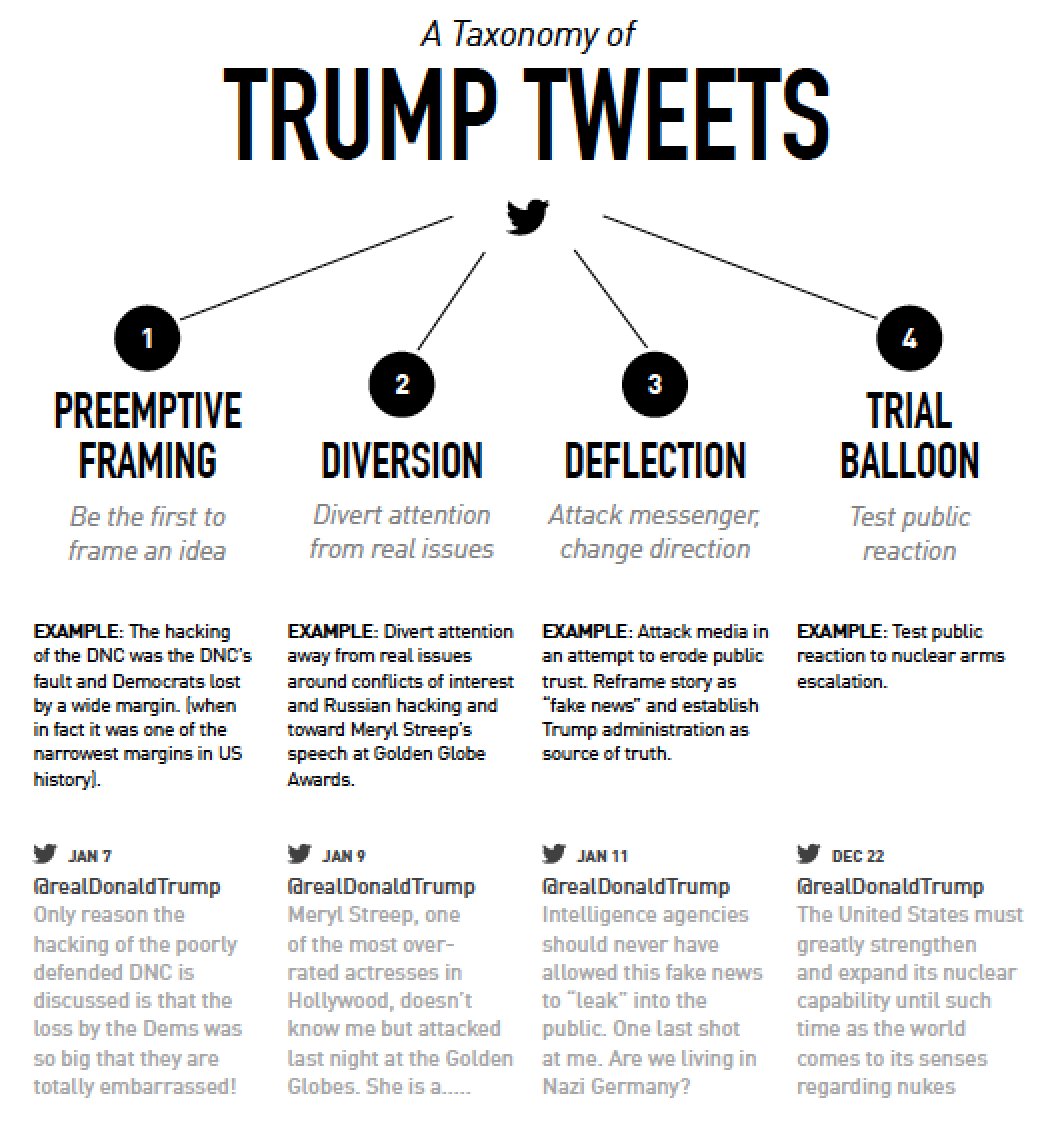I'm going to start a running list of interesting linguistic tidbits from television commercials:
more to come...
- A commercial for cat litter ends with this line, "Don't change the litter; change the litter." Just seeing the words visually rather than hearing them gives no clue to the context, therefore making the statement ambiguous at best, and confusing at worst. In the commercial, however, the viewer gets to hear the voice-over speaker's changes in emphasis and volume, which are two important para-linguistic variables. When you hear the changes, it becomes clear that the intended meaning is "You don't have to change the cat litter so much (change = cleaning) if you switch to our brand of cat litter (change = switch.) When we are used to a phrase such as "change the litter," we usually have no problem determining meaning from the context. When the verb "change" is used in two distinct ways in one sentence, however, the para-linguistic variables are the key to comprehension.
- Another current commercial is sort of the opposite in how it works. The spoken words leave some ambiguity, while the written form that is put on the screen at the end reveals the meaning: "If you got a life, you gotta Swiffer." Pronounced quickly, "got a" and "gotta" are homophones (two words pronounced identically). The first, however, is a contraction of "got a" (also notice that the "you" is a shortened informal version of "you've"), while the other is a spoken contraction for "got to," as in "have to." The trick wouldn't work at all if the voice-over said, "If you have a life, you have to Swiffer."
more to come...


No comments:
Post a Comment